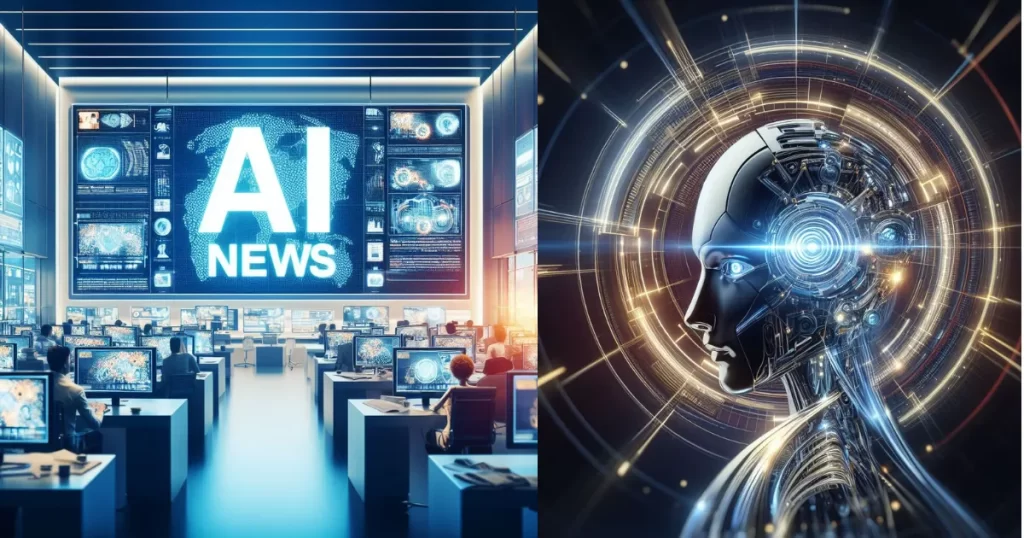UCLA will break new ground in 2025 when it introduces an AI-generated textbook for its humanities course, History & Fiction: Survey of Literature from the Middle Ages to the 17th Century. This is a dramatic shift in the way college students acquire educational resources. The endeavor builds on a successful testing of AI-generated textbooks in an introductory history class earlier in 2024.
Why the Change?
Traditional textbooks have long been chastised for being cumbersome, costly, and sometimes annoying to students. Overpriced books are routinely updated with slightly changed versions in order to disrupt the used book market, and many online publications demand expensive one-time access credentials. These concerns have plagued students for decades, making the educational system ripe for change.
Now, firms such as Kudu are stepping in. For about $25 per semester, students may access Kudu’s AI-generated textbooks online, avoiding the weight and cost of traditional textbooks.
How Does AI-Generated Textbooks Work?
Creating an AI-generated textbook is not as straightforward as passing information into a chatbot. Instead, the approach is collaborative and rigorous. Professor Zrinka Stahuljak collaborated extensively with Kudu on the UCLA course, contributing past lecture notes, PowerPoint slides, and remote teaching films she produced during the COVID-19 epidemic. Over the course of four months, Kudu converted this information into a digital and interactive learning platform.
The finished textbook has textual content, videos, assignments, and a built-in chatbot. The chatbot is designed to answer questions based only on course topic, ensuring students receive accurate and focused assistance. Furthermore, Kudu rewards academics for their time spent fact-checking and analyzing AI-generated content.
Jakob Johnson, a history graduate, also helped by reviewing the materials. This joint effort guarantees that the textbooks remain academically valid and relevant.
Benefits for Teachers and Students
Stahuljak regards this idea as a significant time saver. With the textbook handling contextual explanations and visual examples, she and her teaching assistants can spend more time engaging students directly. This move allows for a greater emphasis on critical thinking, reading, and analysis, all of which are crucial humanities abilities.
Another advantage is that it reduces students’ urge to construct assignments using common AI tools such as ChatGPT. Kudu’s chatbot is trained solely on course-specific content, so it gives appropriate assistance while reducing the possibility of academic dishonesty.
A Glimpse into the Future of Education.
Kudu textbooks are an interactive learning method that includes more than simply textual knowledge. For example, their promotional materials include interesting films of personalities such as Hank and John Green explaining historical issues. This multimedia method accommodates to a variety of learning styles, increasing understanding and engagement.
While some have expressed worries about AI’s involvement in education, Kudu’s method solves many of the typical issues about traditional textbooks. By stressing cooperation with instructors and maintaining academic rigor, this innovation has the potential to reshape the higher education sector.
This UCLA course, which uses AI-generated learning tools, establishes a precedent for other universities. Students and instructors will benefit from the flexibility, cost, and interactivity of these digital textbooks.
Source: UCLA blog post and original reporting by Matthew Gault for Vice. You can check out the full article here.

I’m Voss Xolani, and I’m deeply passionate about exploring AI software and tools. From cutting-edge machine learning platforms to powerful automation systems, I’m always on the lookout for the latest innovations that push the boundaries of what AI can do. I love experimenting with new AI tools, discovering how they can improve efficiency and open up new possibilities. With a keen eye for software that’s shaping the future, I’m excited to share with you the tools that are transforming industries and everyday life.

